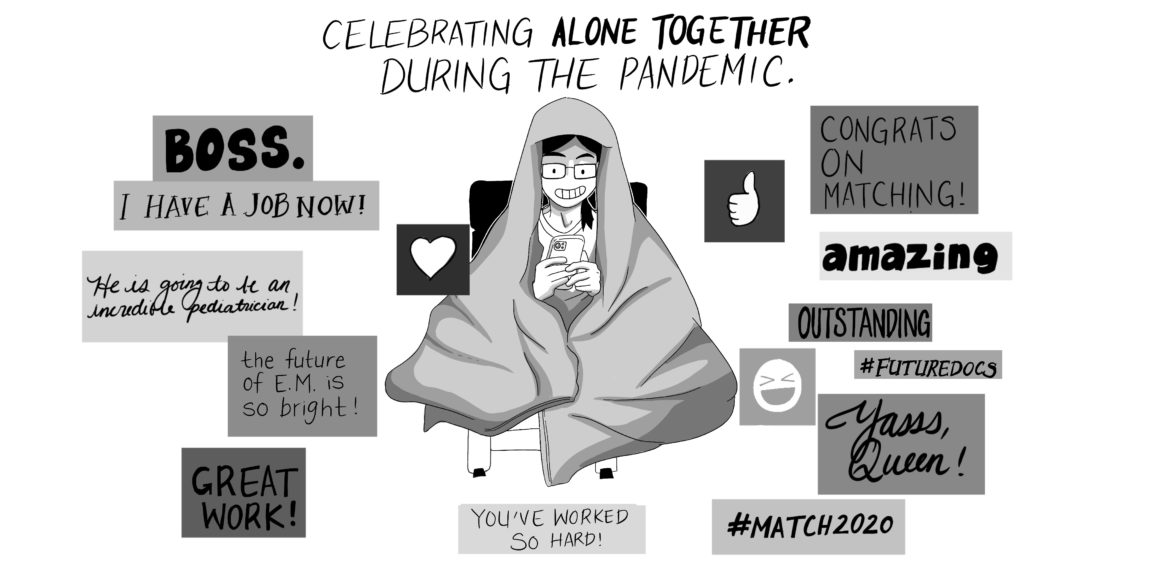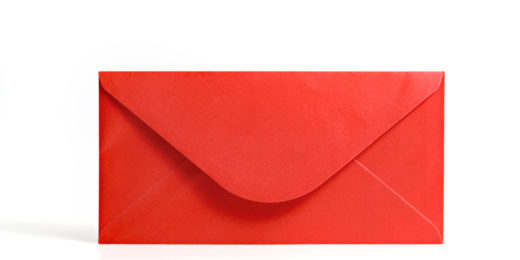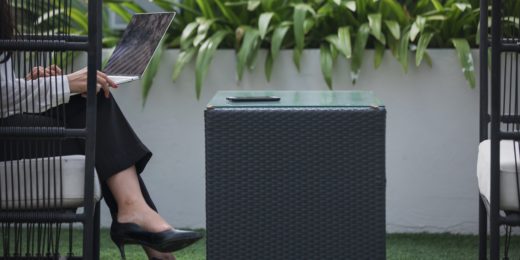At 8:55 a.m. Pacific Time last Friday, my parents and I huddled in their living room, eyes wide, hearts pounding. I gripped my phone, waiting for an email that would reveal where I'd be spending the next four years of my life.
In the corner of my computer screen, a conferencing app showed live feeds from my medical school classmates -- we had banded together virtually to celebrate the unveiling of our "match" results. There was Paloma, one of my best friends in medical school, who had decided that she wanted to serve her community and beyond through emergency medicine. Michelle, with her bright and optimistic personality, had decided to take her talents to the oft-heartbreaking and under-appreciated field of child neurology. Jon, who always made me keel over with laughter through his humor and sass, would take his gift of gab to psychiatry.
This hadn't been the original plan.
Match Day is a key moment in a future physician's life: on this day, the third Friday of March, we find out where we will go for the next step in our training, residencies that last three to seven years. In the months leading up to my match, I had read and re-read the articles describing previous Match Days at Stanford. The students received a sealed red envelope that they grasped as a clock counted down to 9 a.m. Together, the students then opened their letters to see where they had matched.
I had dreamt about this day for years. I imagined Stanford Medicine's Berg Hall, decorated in banners and balloons and filled with the hum of excitement and anticipation.
I wanted this day to be a celebration for my parents. Neither of them had the opportunity to complete college. Ever since moving to the United States, they had supported my education by toiling away at their tiny food court teriyaki stand. This day would be a culmination of all of our collective labors, and I wanted to give them a nice experience. I had booked flights and hotels, made dinner reservations and drafted an itinerary of sights to see in the Bay Area. My dad bought a suit for this very occasion.
Then came the pandemic.
The first case of COVID-19 in the United States was reported in my home county of Snohomish, Washington. Our relatives in South Korea had kept us apprised of their own situation -- the constant uptick in confirmed cases and the shoppers lining up for hours to purchase disposable masks -- feeding my growing sense of unease.
And sure enough, like many gatherings around the region, state and country, our Match Day plans quickly began to unravel. At first, Stanford's celebration was limited to students and faculty members only -- guests and family would be asked to wait outside the building. Then the ceremony itself was canceled, and students were asked to pick up their envelopes and open them elsewhere. Finally, with California's shelter-in-place declaration, all major gatherings and plans were scrapped for the foreseeable future. I hated to disappoint my parents, but I also worried about possibly putting them at risk. I canceled the hotel reservations and caught an empty flight back to Snohomish County to be near my family in these uncertain times. Dad's new suit hung unworn in the closet.
On the morning of Match Day, I woke up early and showered. I set up my computer, entered the online conference that my classmate had organized and charged my phone prior to the unveiling of the results. My parents, still in their pajamas, hovered next to me.
I was surrounded -- physically and virtually -- by the people I loved and respected. For Paloma, Michelle, Jon and me, this was the moment that we had all worked towards. Regardless of what the pandemic threw at us, we would still be doctors, and the coming challenges of addressing the coronavirus would test our mettle like no other graduating class in recent memory.
In a few months, my Stanford classmates and I will find ourselves in the frontlines of the pandemic; some of us may fall ill. But as the world turned upside down under the threat of COVID-19, some things remained constant. Our Match Day and our graduation may have been disrupted, but in this moment, nothing could detract from the magnitude of our accomplishments. We would soon have our first jobs as physicians.
At 8:59 a.m., the promised emails arrived, holding our futures. I looked toward my parents, beaming with pride. Despite everything the world threw at us, my classmates and I would take this time to celebrate, apart but together.
Stanford Medicine Unplugged is a forum for students to chronicle their experiences in medical school. The student-penned entries appear on Scope once a week during the academic year; the entire blog series can be found in the Stanford Medicine Unplugged category.
Yoo Jung Kim is a fourth-year Stanford medical student and the co-author of "What Every Science Student Should Know." Her pieces on medicine and society have appeared in The Washington Post, the Seattle Times, The Mercury News, The Korea Times, and Nature. Her writings and cartoons can be found on Twitter at @yoojkim.
Image by Yoo Jung Kim






